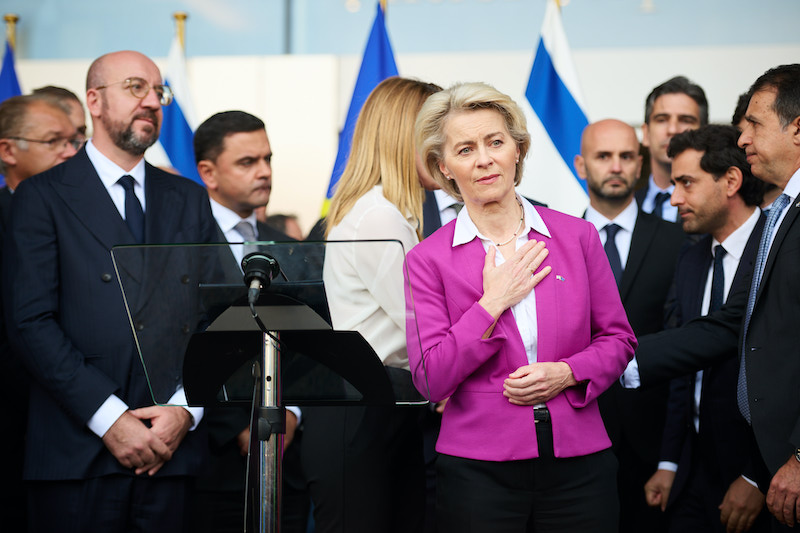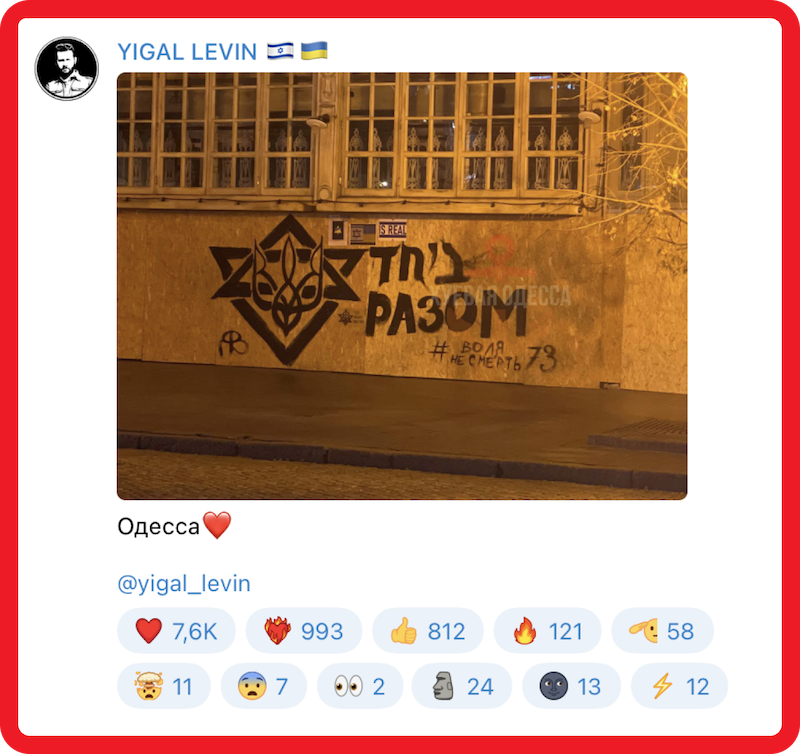Last Friday, when Hungarian Prime Minister Viktor Orbán received news of a planned demonstration in support of Gaza in Budapest, he banned it instantly. “No one is allowed to hold demonstrations promoting the cause of terrorist organisations because that, in itself, would pose a threat of terror,” he said.
For once, Orban’s actions were not isolated. Pro-Palestinian and pro-Hamas demonstrations were banned or broken up by police in other European cities.
But the European Union as an institution still faces a dilemma. Though mostly united and effective in its support for Ukraine against Russian aggression, its statements on the Israeli-Palestinian conflict seem to be more complicated. While EU leaders are showing full solidarity with Israel and the country’s right to defend itself, some are expressing the importance of providing urgent humanitarian aid to Gaza and the need to comply with international law.
Disagreements started to show days after Hamas terrorists broke into Israel and murdered 1,300 people. On Monday, Hungarian enlargement commissioner Oliver Várhelyi announced an immediate suspension of EU aid to Gaza, apparently without consulting his colleagues. The Commission replied with not only a denial, but the tripling of humanitarian assistance to 75 million euros.
Commission President Ursula von der Leyen also faced criticism after not speaking up about the humanitarian consequences of Israel’s retaliatory attacks during her visit to the country. “She simply said Israel has the right to defend itself, full stop. That is not the line member states agreed,” a diplomat told Politico. Individual member states are also divided on the issue, with only Austria and Germany cutting aid to Palestinians.
This is not the first time that divisions within the 27 member states mirror the feelings within different European societies. In fact, the 2003 U.S.led invasion of Iraq caused a far greater rupture in the EU. But if the European Union wants to live up to the idea of “unity is strength”, there is still some way to go.






